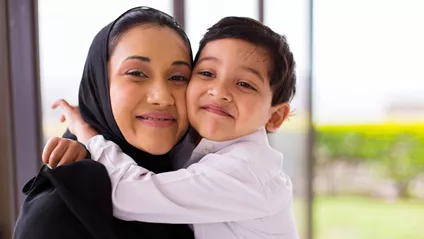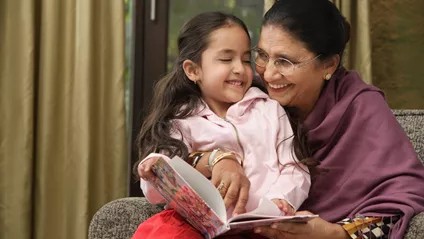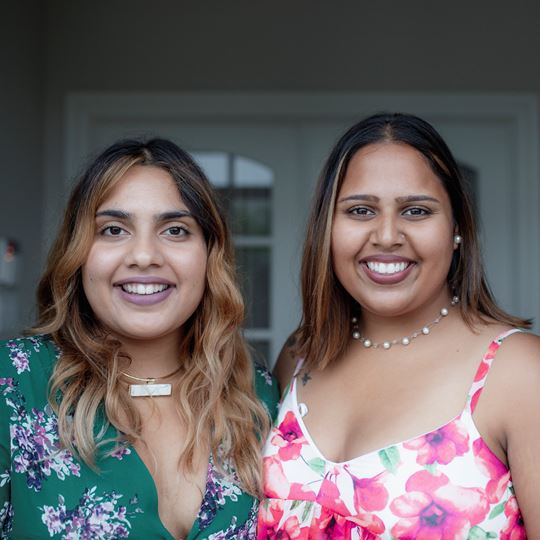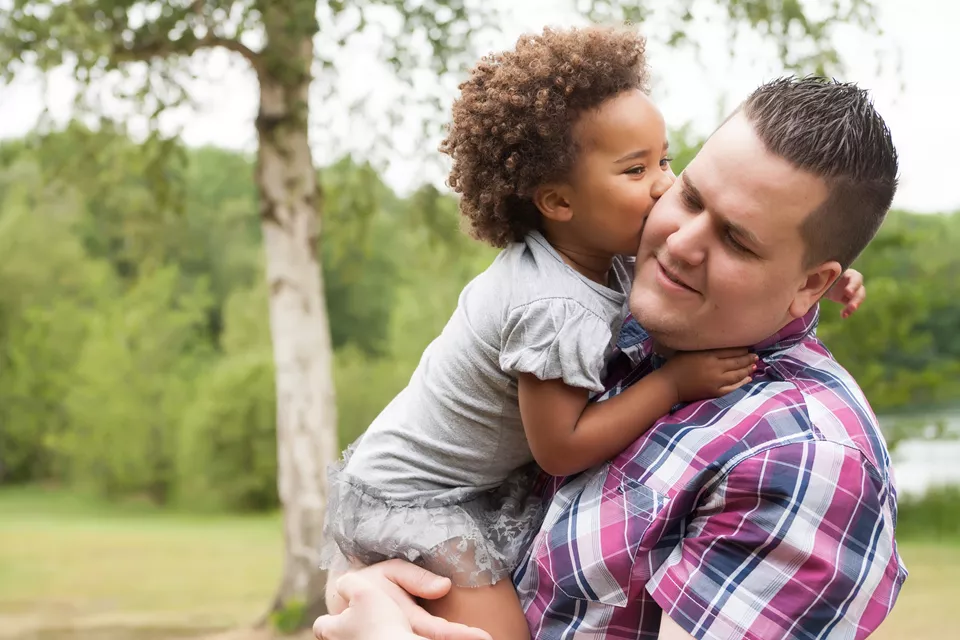Fostering with a disability
We are committed to equality and diversity and welcome applications from everyone, including people with physical disabilities and or mental health conditions.
In fact, our team currently includes people with a range of conditions, all of whom are fostering successfully. Their experiences are often an advantage in helping understand the needs of foster children with disabilities and mental health challenges of their own.
It’s important to understand however, that looking after vulnerable children and young people can be extremely challenging and will place great demands on you, both physically and mentally, so we need to be sure that you’ll be able to provide consistent and high levels of care. Just as importantly, we’ll need to know that your own health won’t be affected either.

Faith-based Fostering

Am I Too Old to Foster?

Do need a spare bedroom?
Think you’d make a great foster parent?
Whether you’re ready to start your journey or just want to chat to an expert, we’re here to talk.
Enquiry
The company takes the requirements of GDPR seriously in ensuring the privacy and lawful processing of personal data provided to us by you. Please view our privacy notice which explains how the company will manage and use your personal data. This site is protected by reCAPTCHA and the Google Privacy Policy and Terms of Service apply.
Frequently asked questions
Can you foster if you have pets?
Yes you can, in fact pets can make a great addition to a fostering household for many children. Although having pets will be a matching consideration, for example for a child with allergies or if a child is frightened or can be mean to animals.
Do I have to be married to foster?
No you don’t. If you are applying as an unmarried couple we will ask you questions about the length of your relationship and how long you have lived together. If your relationship is new, we will ask you to wait before applying.
Do I need to speak more than one language as a faith-based foster parent?
Not necessarily – but it would help. As long as you have an understanding of customs and beliefs other than your own, or are open to other cultures, we will offer the support and training you’ll need to become a faith-based foster parent.

